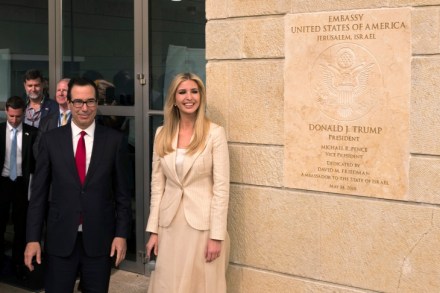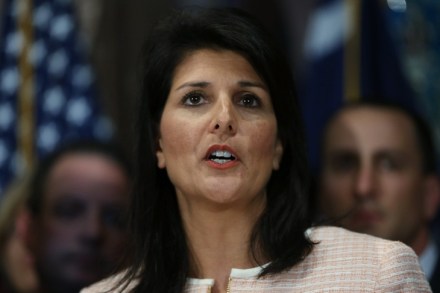The Israeli right’s allies are no friends of Jews
The contrast between Benjamin Netanyahu, Donald Trump, Jared Kushner and other great statesmen of our age under investigation swanking it up at the new US embassy in Jerusalem while Israeli troops shot down Hamas demonstrators, hid as much as it revealed. Not only Jews should notice how Israel has become a member of, and justification for, a Western authoritarian right that shows every sign of reviving the anti-Semitism of its predecessors. The EU might have put up a common front against Trump’s decision to recognise Jerusalem as Israel’s capital in December. A child could have told him it would lead to violence and lessen the pressure on Israel to cut a




















